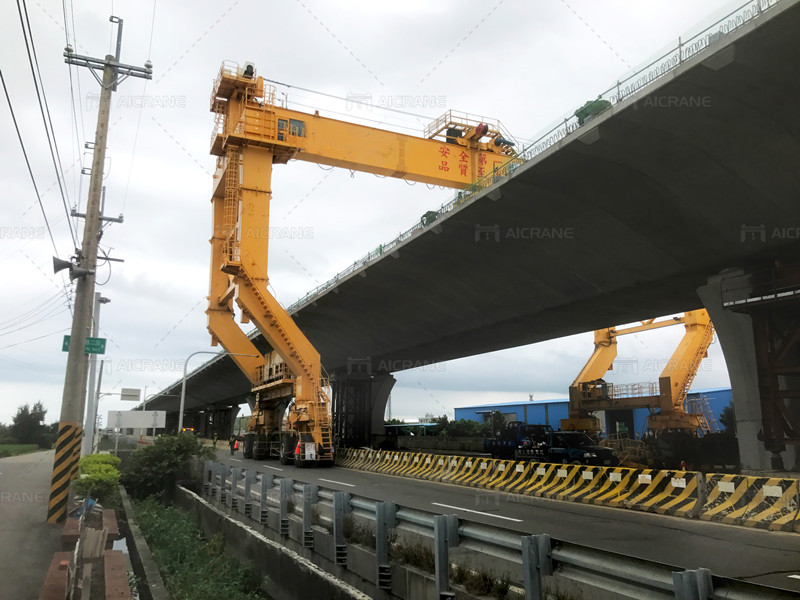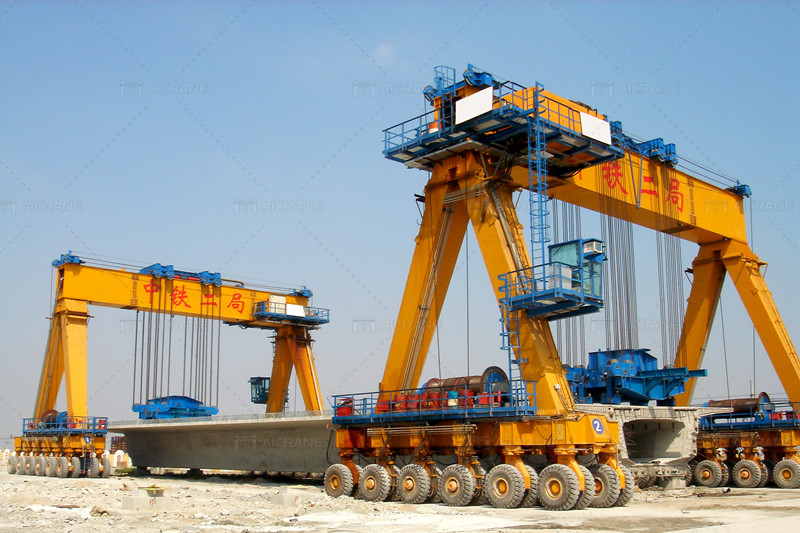The salary of a straddle carrier operator, a crucial role in ports and container terminals, is influenced by various factors. These include experience, location, employer, education, skill level, and economic conditions. Understanding these factors can provide insights into the dynamics of this profession and help individuals navigate their career paths effectively.

Experience and Skill Level
One of the most significant factors influencing the salary of a straddle carrier operator is their level of experience and skill. Experienced operators who have spent several years in the field tend to earn higher salaries compared to those who are just starting. This is due to the proficiency and expertise developed over time, which allows experienced operators to handle more complex tasks efficiently and safely.
Skill level also plays a crucial role. Operators who have undergone specialized training and possess certifications related to straddle carrier operation are likely to command higher salaries. Advanced skills such as handling hazardous materials, operating different types of straddle carriers, and proficiency in using advanced control systems can significantly enhance an operator’s earning potential.
Geographical Location
The location where an operator works can greatly influence their straddle carrier salary. Straddle carrier salaries for straddle carrier operators tend to be higher in regions with high living costs, such as major urban centers or coastal areas with significant port activities. For instance, operators working in major ports in the United States, such as Los Angeles, Long Beach, or New York, often earn higher wages compared to those working in smaller or less busy ports.
Additionally, the economic conditions of a particular region or country can impact straddle carrier salaries. In developed countries with robust economies, operators are likely to receive higher wages than those in developing countries. The demand for skilled labor in these regions also plays a part, with higher demand typically driving up wages.
Employer and Industry
The type of employer and the industry sector can also influence a straddle carrier operator’s salary. Operators employed by large, well-established port authorities or shipping companies generally earn more than those working for smaller, less financially stable organizations. This is often due to the larger budget and higher volume of cargo handled by these major employers.
Different sectors within the logistics and transportation industry may offer varying straddle carrier salary levels. For example, operators in the oil and gas industry, where straddle carriers are used to transport large and heavy equipment, might earn higher straddle carrier salaries compared to those in the general shipping and logistics sector.

Educational Background and Certifications
While a formal education may not be strictly required to become a straddle carrier operator, having a relevant educational background can positively impact straddle carrier salary levels. Operators with degrees or diplomas in logistics, transportation, or a related field may have better career advancement opportunities and higher earning potential.
Certifications and additional training are particularly valuable in this field. Certifications such as OSHA (Occupational Safety and Health Administration) compliance, hazardous materials handling, and specific straddle carrier operation courses can make an operator more attractive to employers and justify a higher straddle carrier salary. Continuous education and skill enhancement are essential in keeping up with technological advancements and industry standards.
Shift Work and Working Conditions
The nature of the work schedule and conditions can also influence the salary of straddle carrier operators. Those willing to work night shifts, weekends, or holidays often receive higher pay due to the inconvenience and the 24/7 nature of port operations. Hazardous working conditions, such as exposure to harsh weather or working in high-risk environments, may also lead to higher compensation.
Overtime opportunities can significantly boost an operator’s income. Ports and terminals often require extended working hours to meet shipping schedules, and operators who can work overtime are typically compensated at a higher rate.
Economic and Industry Trends
Broader economic and industry trends play a crucial role in determining straddle carrier salaries. Economic growth, international trade volumes, and technological advancements in the logistics and transportation sector can all impact salary levels. During times of economic boom and high trade volumes, demand for skilled operators increases, potentially driving up wages.
Conversely, during economic downturns or periods of reduced trade activity, straddle carrier salaries may stagnate or even decrease. The adoption of automation and technological advancements in port operations can also affect demand for straddle carrier operators. While automation may reduce the need for manual labor, it can also create new opportunities for skilled operators who can manage and maintain advanced equipment.
Unionization and Collective Bargaining
Unionization can significantly impact salaries and working conditions for straddle carrier gantry crane operators. In regions where labor unions are strong and active, operators often benefit from collective bargaining agreements that ensure fair wages, job security, and benefits. These agreements can lead to higher straddle carrier salaries compared to non-unionized workplaces.
Unions also play a role in advocating for better working conditions, safety standards, and training opportunities, which can further enhance an operator’s earning potential and job satisfaction.
The salary of a straddle carrier operator is influenced by a complex interplay of factors, including experience, location, employer, education, working conditions, and broader economic trends. By understanding these factors, operators can make informed career decisions, seek opportunities for skill enhancement, and negotiate better compensation. Employers of the manufacturer, on the other hand, can use this knowledge to attract and retain skilled operators, ensuring efficient and safe operations in their ports and terminals.